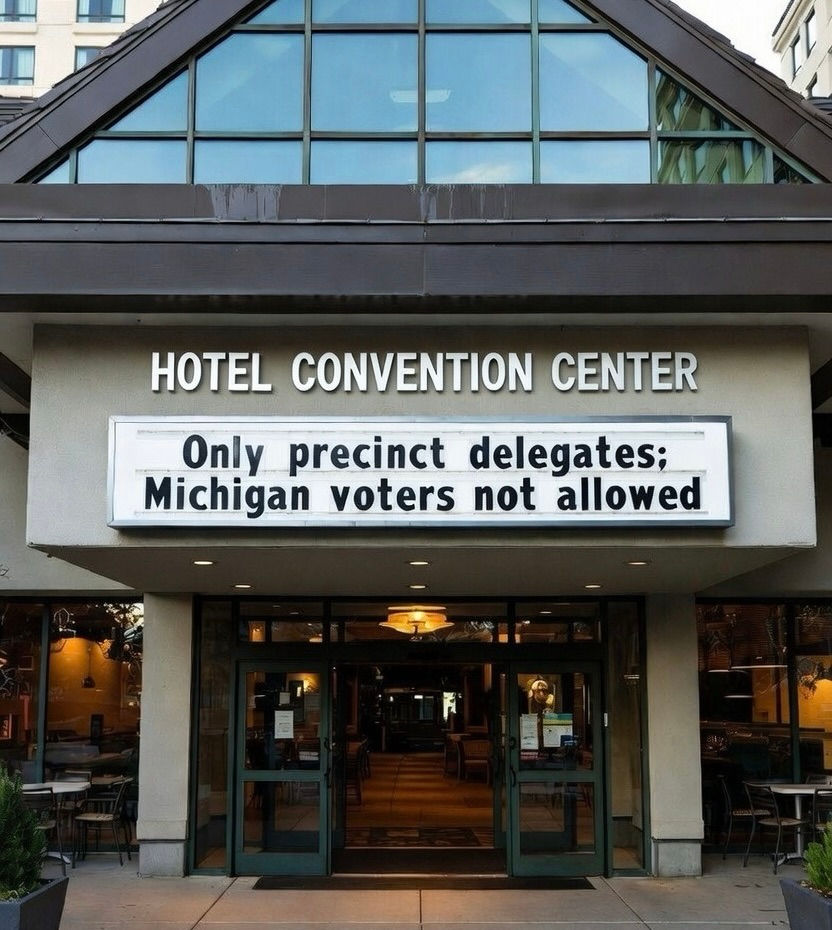WANT TRAINING? Take a Masterclass in Election Integrity
- Oct 20, 2022
- 4 min read
Building the Local Election Integrity Infrastructure
The Master Class Curriculum is based on the Citizens Guide to Building the Election Integrity Infrastructure. This series of short training videos walk through the Citizens Guide and provides a simple, step-by-step process for creating and maintaining citizen oversight of the election process.
We encourage you to watch these training videos as often as necessary for you to become confident in your understanding of these important topics, and also to use them as training modules during your in-person task force meetings or on your statewide or local coalition calls. Lesson 1: Introduction to the Infrastructure Trainer: Cleta Mitchell The left has anti-election integrity billionaires, but the pro-election integrity movement has citizen patriots and activists. Election Integrity Network Chairman Cleta Mitchell introduces you to problems, solutions, and how EIN’s Master Classes will serve as your resource and your guide to building a permanent election integrity infrastructure in your state, county, or local area.
Lesson 2: Forming your Local Election Integrity Task Force Trainer: Kerri Toloczko The local task force is the first component in citizens working together to create a successful election integrity structure in their state. These step-by-step guidelines will help you create a local task force whether it starts at your own kitchen table or through an existing election integrity or grassroots group.
Lesson 3: How to Grow your local Election Integrity Task Force & Working Groups Trainer: Kerri Toloczko Growing a local task force is easier than you think – it just takes some simple steps and outreach to existing resources. Prioritizing action steps to take in your local area will be key to building a successful coalition.

Lesson 4: Researching your Local Election Office Trainer: Kerri Toloczko As task forces grow, the unique experience and skills of its members should be used to focus on several critical areas and issues within election integrity.
















Comments